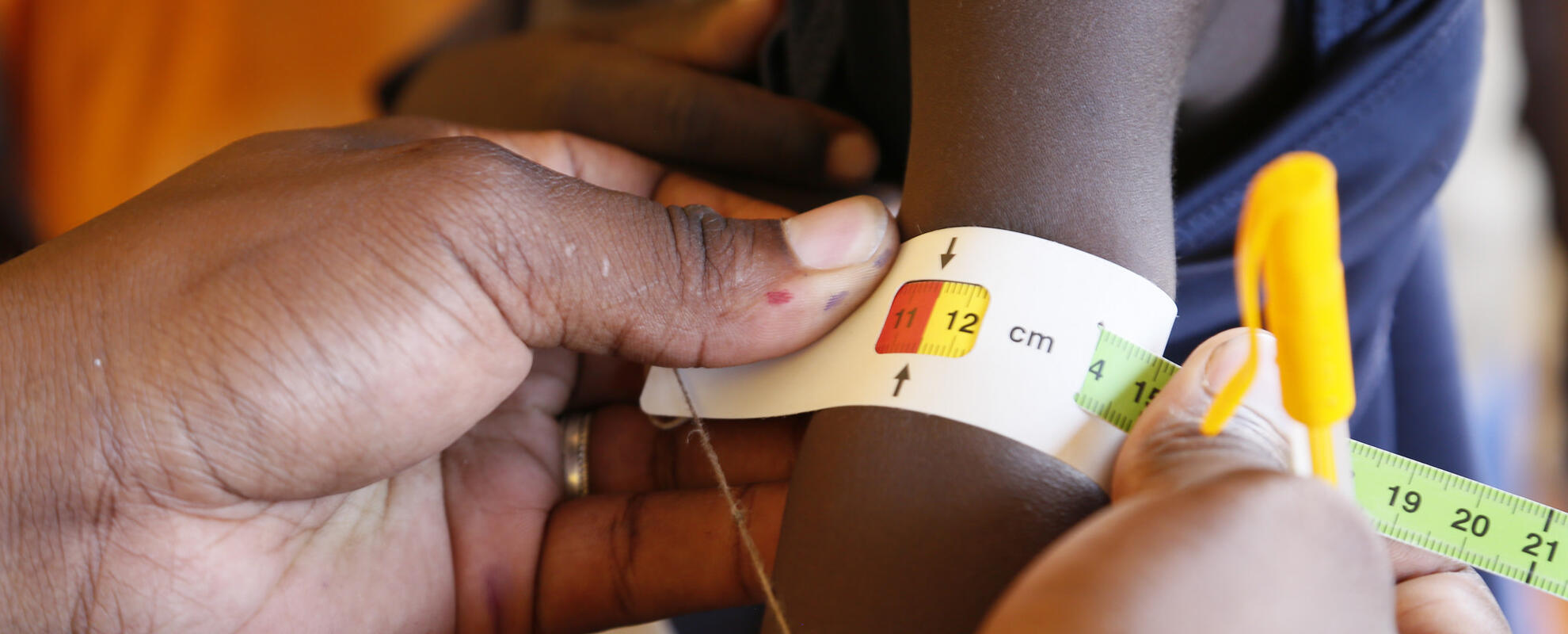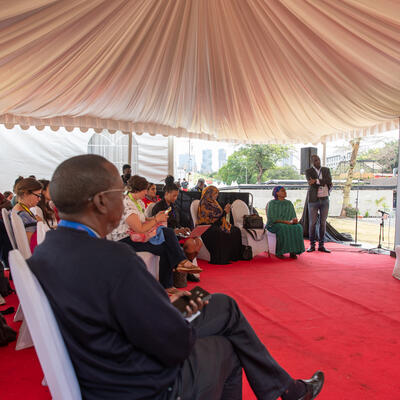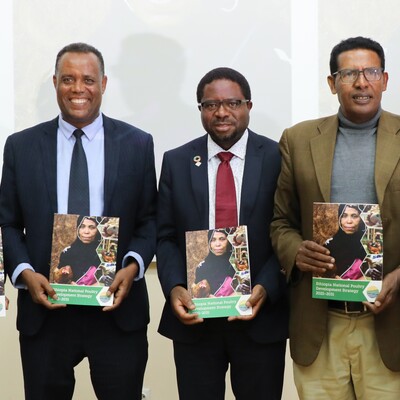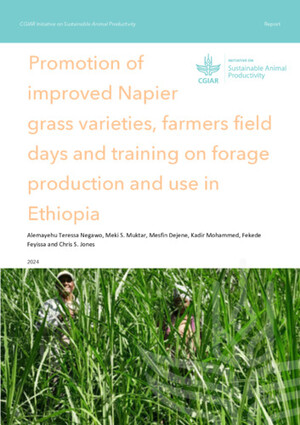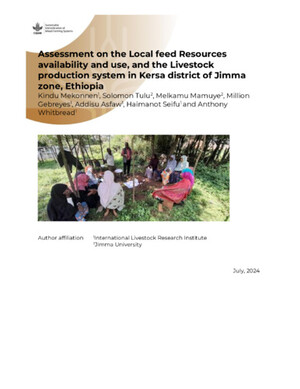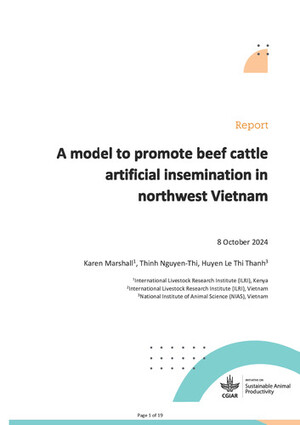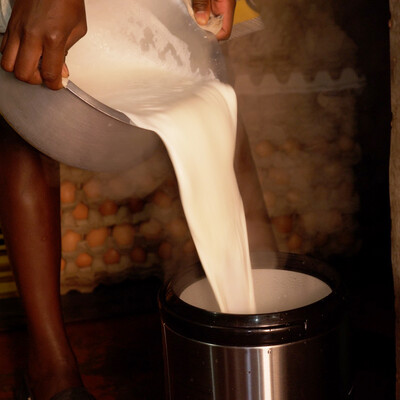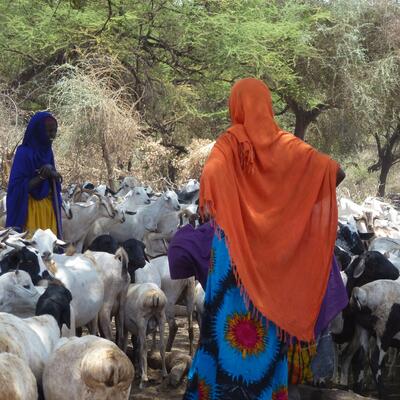
A new project promises to generate better dietary and health data for agriculture and nutrition interventions in Africa
Despite significant efforts to address it, malnutrition remains a major impediment to development around the world. According to the 2017 Global Nutrition Report, at least one in three people globally are malnourished. While notable progress has been made in reducing world hunger, two billion people are still not getting all the nutrients they need. Africa has the highest rate of undernourishment, with about 21% of the total population facing chronic food deprivation. The effects of malnutrition are long-lasting as well as severe and include impaired physical and cognitive development, which can prevent individuals, families, communities and countries from reaching their full potential.
To reduce malnutrition, reliable nutrition and health information is an absolute necessity. Nutrition information on such factors as dietary diversity is critical for monitoring humanitarian conditions, tracking progress against the sustainable development goals and informing interventions geared to meet nutrition targets. Such information also enhances accountability and…
View original post 1,006 more words





